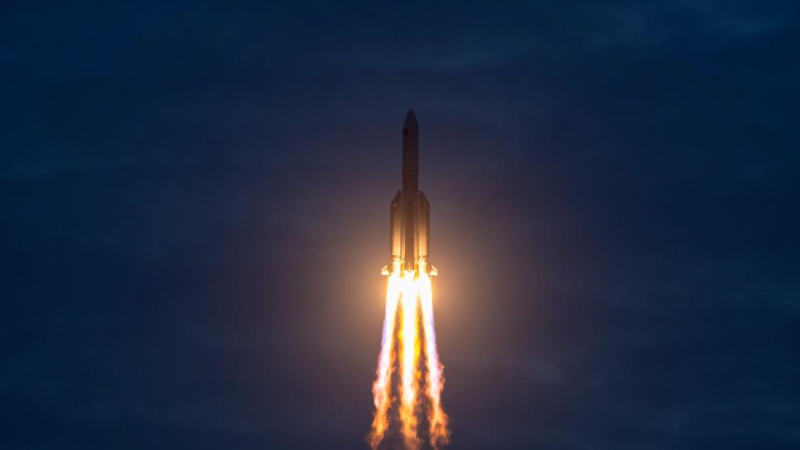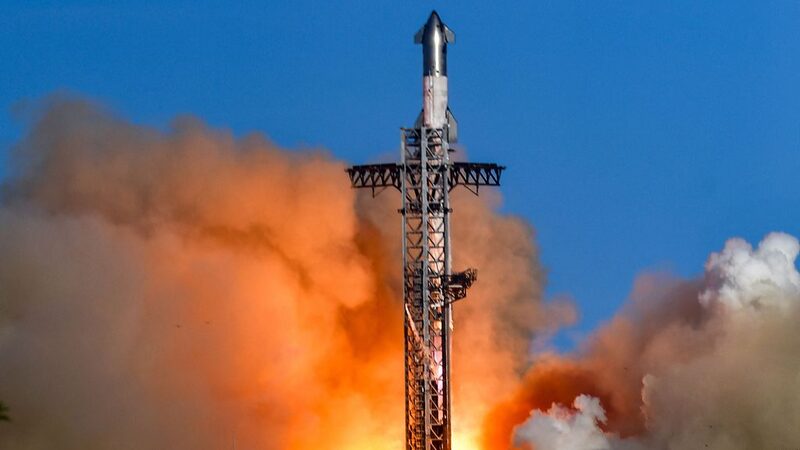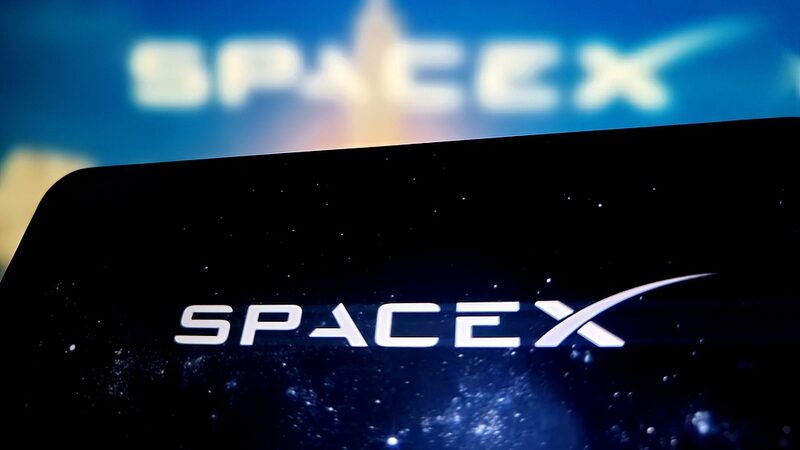In an unexpected turn of events, SpaceX’s reliable Falcon 9 rocket has been grounded by the U.S. Federal Aviation Administration (FAA) following a rare in-flight failure that doomed a batch of Starlink satellites. This incident marks the first significant setback in over seven years for the rocket that has become a cornerstone of global space operations.
The Falcon 9 lifted off from California’s Vandenberg Space Force Base on Thursday night, carrying 20 Starlink satellites intended to bolster SpaceX’s satellite internet constellation. Approximately an hour into the flight, the rocket’s second stage failed to reignite, a critical step necessary for deploying the satellites into their designated orbit. Instead, the satellites were released on a shallow trajectory, causing them to reenter Earth’s atmosphere where they are expected to burn up.
SpaceX CEO Elon Musk addressed the anomaly on his social media platform, X, stating that the attempt to reignite the engine “resulted in an engine RUD for reasons currently unknown.” The term “RUD,” or Rapid Unscheduled Disassembly, is industry jargon typically referring to an explosive event.
The FAA announced that the Falcon 9 fleet would remain grounded pending a thorough investigation. “The Falcon 9 will be grounded until SpaceX investigates the cause of the failure, fixes the rocket, and receives the FAA’s approval,” the agency stated. The grounding could potentially delay upcoming missions, including those for international clients and partnerships in Asia.
In response to the incident, Musk indicated that SpaceX engineers are attempting to save the stranded satellites by updating their software to boost their onboard thrusters. “Unlike a Star Trek episode, this will probably not work, but it’s worth a shot,” he remarked, highlighting the challenges faced in space operations.
NASA has been monitoring the situation closely. A spokesperson from the agency commented, “SpaceX has been forthcoming with information and is including NASA in the company’s ongoing anomaly investigation to understand the issue and path forward.” This collaboration underscores the interconnected nature of space endeavors and the importance of transparency.
SpaceX reported that the second stage failure was linked to a detected leak of liquid oxygen propellant. While the mission was an internal one for SpaceX’s Starlink project, the repercussions of the Falcon 9’s grounding are expected to ripple across the space industry, potentially impacting schedules and launches involving international partners.
This event serves as a reminder of the complexities and risks inherent in space exploration and satellite deployment. As Asia continues to expand its own space initiatives, developments like these highlight the importance of collaboration and innovation in overcoming the challenges of reaching the stars.
Reference(s):
SpaceX rocket grounded after failure dooms some Starlink satellites
cgtn.com






